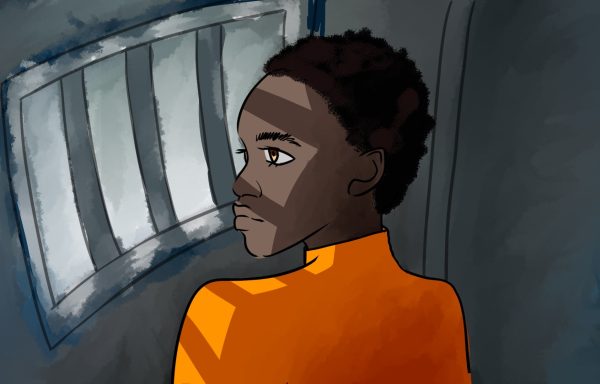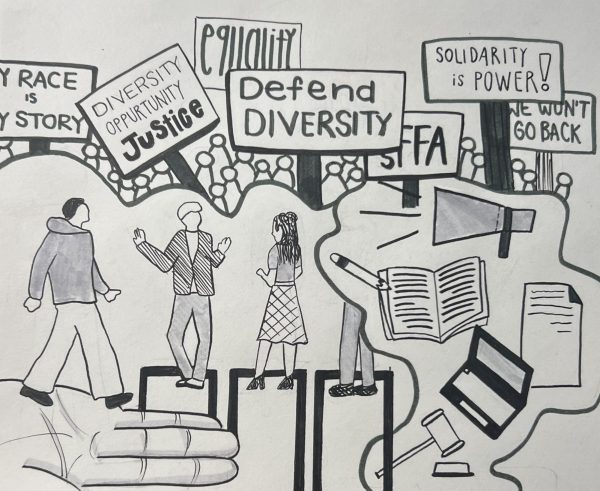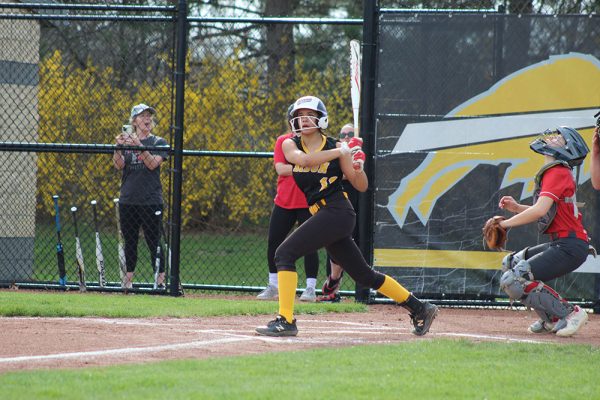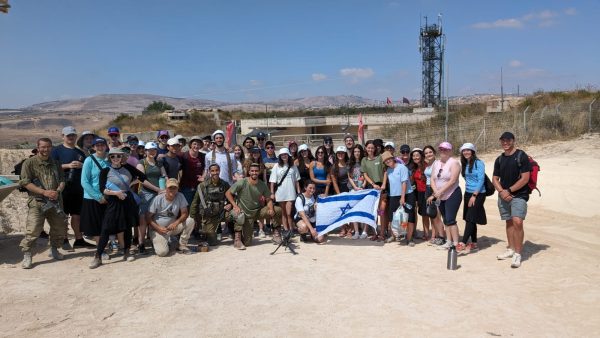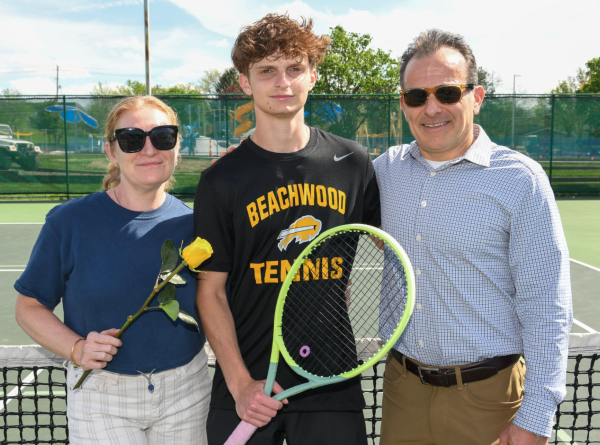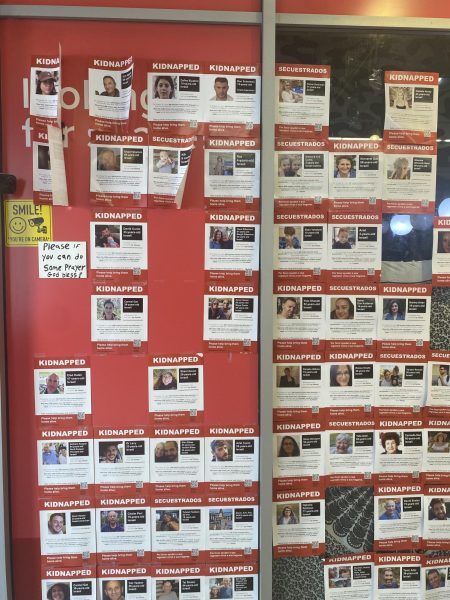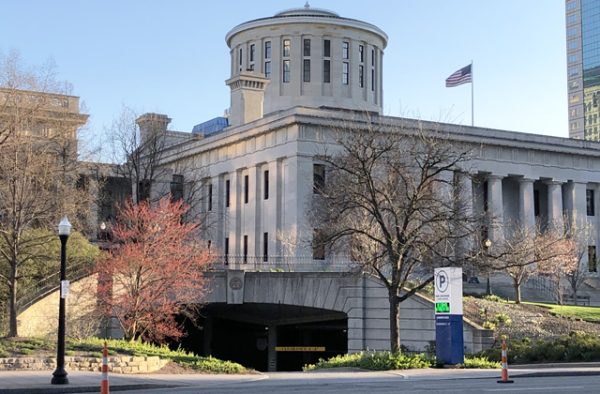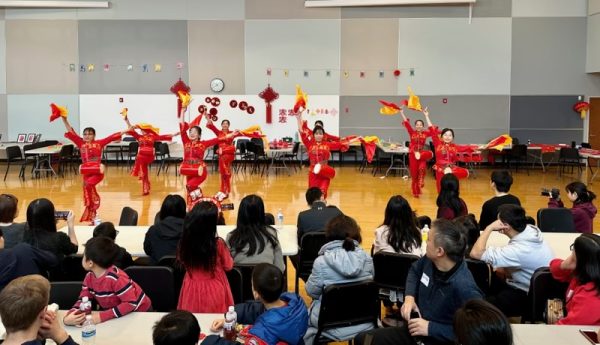Enjoy the Process and Forget the Consequences

Photo from Beachcomber archives
It was the high school introduction night for students and parents, and an eighth grade version of me was quaking in my red-cushioned seat.
The principal was introducing one national-merit debate-champion varsity-athlete after another, or so it seemed. There were so many classes to take, grades to get, accomplishments to acquire; I began to believe my four years at BHS would be a thorny and miserable path filled with failures.
At the start of high school, I had my eyes set on one goal: getting through these four years and onto college: the mystical land of independence, lifelong friendship and predictable cafeteria food.
I hoped to skate by the school dances, athletic competitions and final exams as swiftly and skillfully as possible; these high school milestones were simply too plebeian for my big-time goals.
Fortunately, and perhaps inevitably, these rose-colored goggles quickly fell from my naive gaze.
Too often, people, myself included, prioritize the ends much higher than the means. Presidential candidates promise a world safe for democracy without explaining their methods to achieve this lofty goal.
My experience at BHS has taught me that it is always more worthwhile to value process over outcome.
University presidents tout the value of obtaining a career-tailored degree and forget the hours and passion involved in education. Advertisements for workout regimens place the expected results in far bigger print than details of the grueling exercise.
My experience at BHS has taught me that it is always more worthwhile to value process over outcome. While goals are important to keep one on track, it is the work in achieving these outcomes where the real prize is won. After all, trophies would be just gold-stained pieces of plastic if a process did not give them value.
One of the tasks on my freshman-accomplishment-to-do list was qualifying to regionals in cross country. I went to every practice and tried to run as many miles as possible over the summer. But oddly, the more I ran, the less it mattered whether I qualified as one of the top 16 runners at the district tournament.
I became hooked on the feeling of overtaking a hill, wiping my sweaty forehead and completing the trail.
I never made it past districts. But I do not regret the many miles that wore down my sneakers’ soles. With running, I had found a lifelong passion and that had more value than a fleeting victory.
The more I ran, the less it mattered whether I qualified as one of the top 16 runners at the district tournament.
Moreover, when I first anticipated studying for midterms, I imagined a thankless task with an uncertain and stressful outcome. As I sat down to study, I became committed to understanding trigonometry or fascinated by the nuances in the Thirty Year War. My fear of midterms melted away as I delved deeper into the process of learning the material.
Not only is this kind of tunnel-vision counterproductive, in high school, it can be dangerous. To only have one goal when you’re 15 is like chasing a moving target. I do not have the same aspirations I did when I started high school, and I doubt I will when I finish college, or even when I’m middle-aged.
If I had invested all my time pursuing some transient goal, I could have ended up trapped in a future that didn’t fit.
Perhaps I was right to be scared when starting high school, but the target of my fear was misplaced. I should not have worried about who I would be when I left, but how I could best take advantage of every moment I had while I was there.
High school is not merely a layover on the flight to adulthood; it is a chance to explore oneself and one’s environment. Viewed in this light, high school perhaps should not be feared at all, but cherished. At a propitious moment in our lives, we have the opportunity to delve into our passions and forget the consequences.






